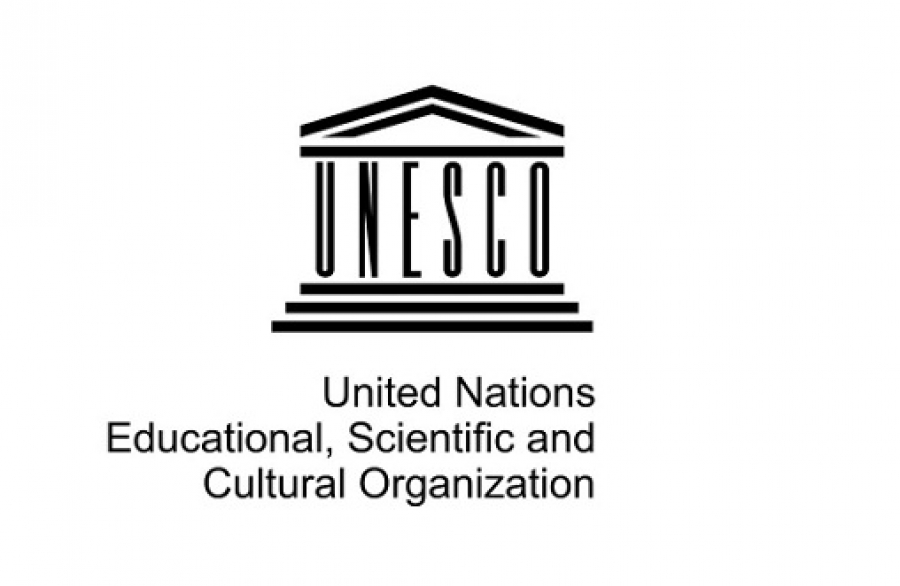In March 2020 the result is expected to be made. The push is being led by the State Secretary for Arts and Culture and cultural and language preservation non-government organisation, Timor Aid. It is also supported by Secretary of State of Gender, UNESCO National Commission, and the Ministry of Tourism.
Teófilo Caldas, the Secretary of State for Arts and Culture, who is heading the push told National Parliament on Wednesday the submission is for national recognition of Tais - “Tais Timor” - not for separate recognition of the different Tais produced Timor-Leste’s 13 districts.
World cultural heritage status is an artefact or tradition which is selected by UNESCO as having cultural or historic significance, and is legally protected by international treaties.
Both the dyeing and weaving of the Tais are intimate social processes, done by women passed down generation to generation.
Tais is recognised as an essential part of Timor-Leste’s national cultural heritage, used for ceremonies and given as sign of respect and appreciation towards guests, relatives and friends.







